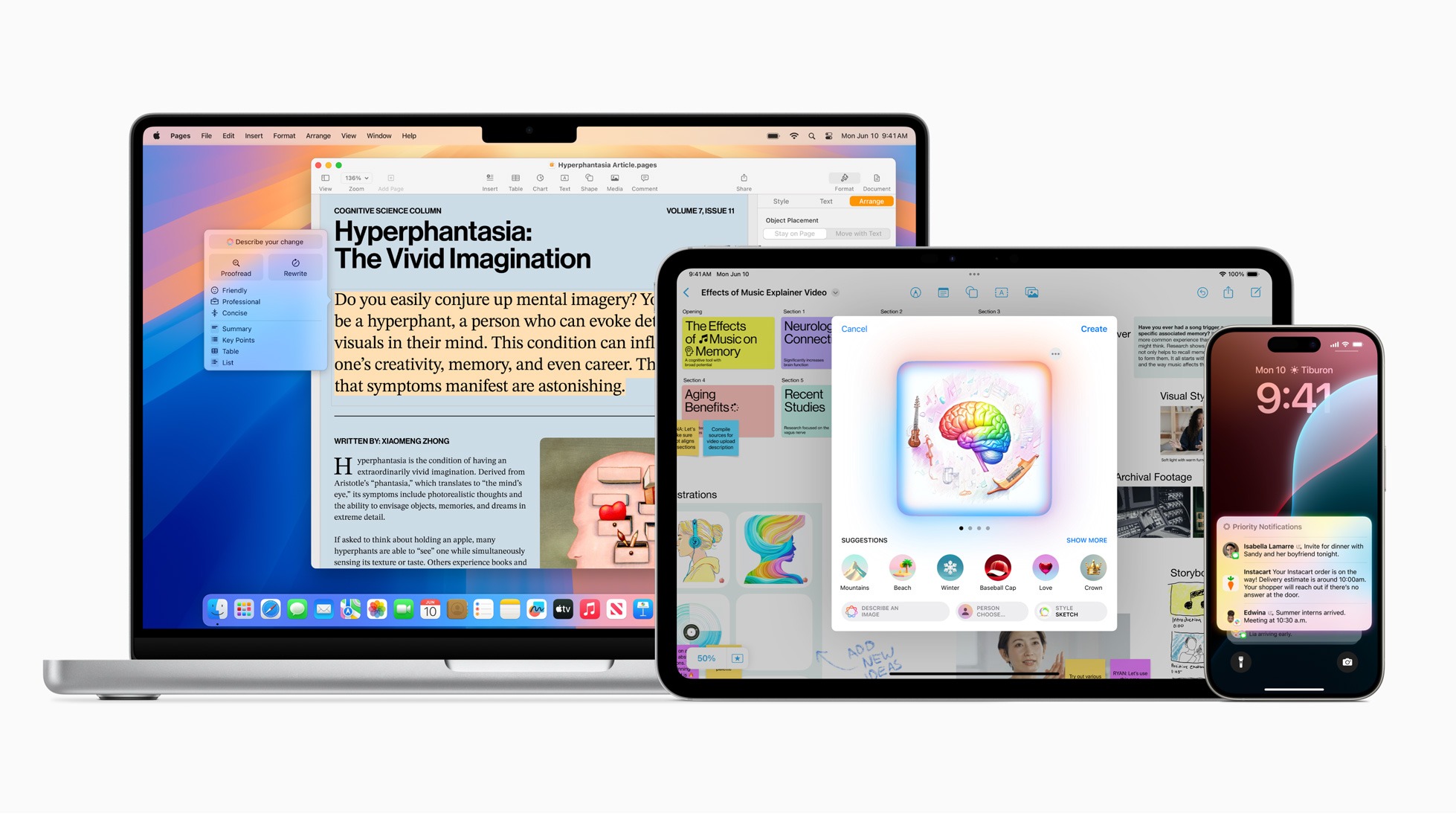Chinese tech company Zhipu AI has launched its own free AI agent which is able to perform deep research tasks.
Founded in 2019 as a spinoff from Tsinghua University laboratory, Zhipu AI specialises in developing advanced AI models and technologies, including large language models (LLMs) and AI agents.
The new technology, called AutoGLM Rumination, can perform a range of tasks including web searches, travel planning and research report writing, and is available free of charge through the company’s official channels.
The agent is powered by Zhipu's proprietary models, including the GLM-Z1-Air reasoning model and the GLM-4-Air-0414 foundation model.
According to the business, GLM-4-Air can run up to eight times faster and requires significantly less computing resources than rival DeepSeek’s R1 model.
Zhipu AI has also developed several other AI models, incluing ChatGLM, a series of pre-trained dialogue models designed for smooth and efficient conversations; Ying, a text-to-video model that can generate video clips from text prompt; and AutoGLM, an AI agent application that uses voice commands to perform tasks on smartphones.
In March, the tech firm raised around $137 million from state-backed funds, including Hangzhou City Investment Group Industrial Fund and Shangcheng Capital, with the business confirming the funding will be used to expand its GLM large language model and wider AI portfolio.
The move comes as several Chinese tech giants launch new AI models as competition in the market intensifies.
Earlier this month, Chinese technology giant Baidu launched two new artificial intelligence models as it sought to regain momentum in China's increasingly competitive AI landscape.
The company unveiled ERNIE 4.5, its latest native multimodal foundation model, alongside ERNIE X1, a new deep-thinking reasoning model. Both models are now freely accessible to individual users through ERNIE Bot's official website, several weeks ahead of the previously announced schedule.
During the same month, Alibaba announced the Qwen2.5-Omni-7B model, a multimodal AI tool capable of processing text, images, audio, and videos.
The company also announced plans to invest at least $53 billion (RMB 380 billion) in AI over the next three years, its largest investment in the technology to date.
March also saw Google unveiling a next-generation family of AI reasoning models, available on their developer platform, Google AI Studio, and in the Gemini app for subscribers.
Latest News
-
Perplexity bids $34.5bn for Google Chrome as antitrust decision nears
-
Pinterest boosts AI research with new Swiss engineering hub
-
Anthropic offers AI models to US government for $1
-
Government expands deployment of live facial recognition tech on police vans
-
Santander announces partnership with OpenAI
-
Owner of Vero Moda makes investment in sewing tech firm
Bringing Teams to the table – Adding value by integrating Microsoft Teams with business applications
A decade ago, the idea of digital collaboration started and ended with sending documents over email. Some organisations would have portals for sharing content or simplistic IM apps, but the ways that we communicated online were still largely primitive.
Automating CX: How are businesses using AI to meet customer expectations?
Virtual agents are set to supplant the traditional chatbot and their use cases are evolving at pace, with many organisations deploying new AI technologies to meet rising customer demand for self-service and real-time interactions.
© 2019 Perspective Publishing Privacy & Cookies












Recent Stories